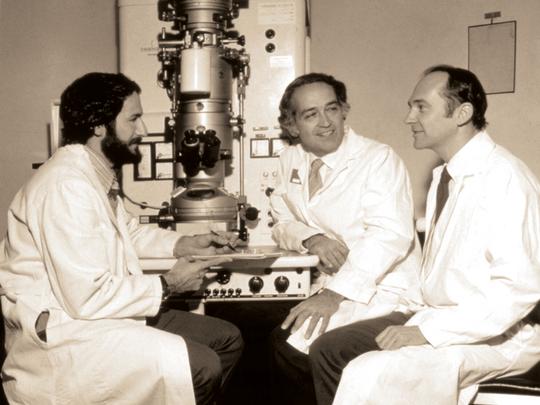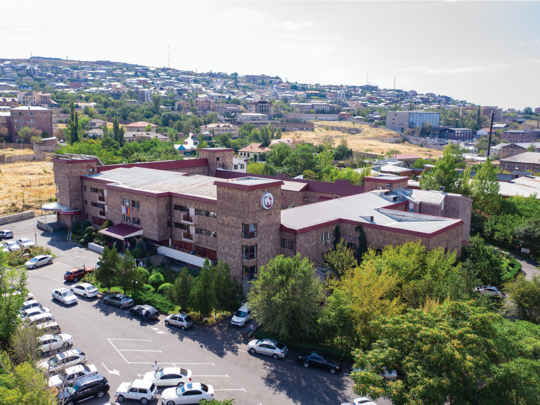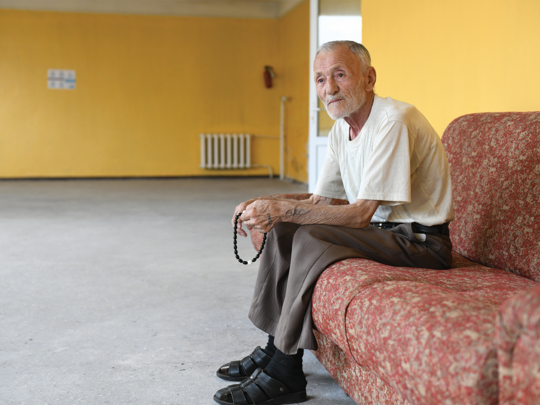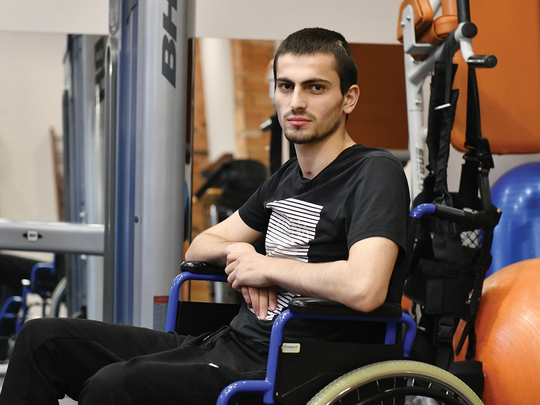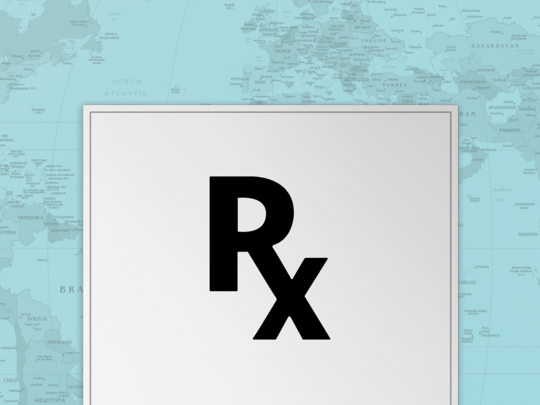Arpi’s* world as she knew it changed forever on November 9th, 2020, when her husband lost his life on the frontlines of the Artsakh War, undoubtedly opening old wounds of her father’s death during the same war of the 1990s. Due to the stress of the war and the trauma of losing her beloved, Arpi went into preterm labor—a frightening and isolating experience she bore all on her own. With her newborn still in the hospital, Arpi must process her new life, factoring in her husband’s sudden death, the fragile health of her newborn, the financial weight of caring for her family—all on top of her own mental and physical well-being.
Arpi is not alone in her struggles. The nation is now confronted with a new generation of family dynamics: mothers who put on a brave face while reeling from the loss of their husbands and sons, infants born into an unstable environment, and the absence of paternal figures. As the country grapples with changing household dynamics, the health and safety of pregnant women and new mothers are essential, considering they are raising the future of Artsakh.
Mothers from Artsakh are pumping for other mothers who can’t right now due to high stress levels and health complications. They’re feeding and fostering our next generation, using their own bodies.”
“Pregnant women are among the most vulnerable groups, post-war,” says AGBU alumni Mariam Avagyan, In-Country Director of Kooyrigs—a female-founded nonprofit devoted to community projects, educational initiatives, and amplifying marginalized voices. Its latest undertaking, Project Mayreeg, supplies essential postpartum supplies and care to Artsakh’s pregnant and new mothers. “We just lost a generation, and we must empower parents by providing them with the necessary resources to sustain their families,” Avagyan asserts. According to Armenia’s Department of Mother and Child Healthcare, in total Armenia recorded 3,701 births in October of 2020, and 3,210 births in November. Project Mayreeg has imparted much-needed sisterhood for over 200 pregnant and/or expecting mothers during the war, wayfaring to Artsakh and back to deliver food, care, and hygiene supplies to new mothers thrust into an entirely unprecedented state of motherhood.

The Complications of Stress
Extensive research has proven that high stress levels can increase the risk of preterm birth (PTB). The U.S. National Library of Medicine has found that anxiety, depression, and stress during pregnancy can cause adverse outcomes for both mother and child, commonly associated with shorter gestation.
Typically, expecting mothers can manage their anxieties with a strong support network, therapy, appropriate medications, and holistic treatments, but the expecting mothers in Artsakh were deprived of these advantages as a result of the severity of chaos and destruction exacted by overpowering Azeri forces. In fact, according to leading pregnancy and childbirth experts, preterm birth as a result of traumatic life events is a major risk factor for perinatal mortality and low-birthweight babies (weighing less than 5 pounds, 8 ounces). On top of birth complications, women with Post-traumatic Stress Disorder (PTSD) are more likely to have premature births and low-birthweight babies, which in turn can affect the child’s immune system and development later on in life. Though the Department of Mother and Child Healthcare could not determine the exact statistics on the role of war on stress-related early births, many on-the-ground Project Mayreeg members have witnessed firsthand how war-related pressures have induced early pregnancies.
“Mothers under stress find themselves unable to breastfeed as well,” cites Karine Eurdekian, AGBU alumni, founder of Kooyrigs and architect behind Project Mayreeg. Though breastfeeding is essential to a newborn’s nutrition and growth, understandably many women with underlying conditions and excess stress levels are unable to do so. This community of new mothers has found a way to support one another, using each other’s breastmilk. “Mothers from Artsakh are pumping for other mothers who can’t right now due to high stress levels and health complications. They’re feeding and fostering our next generation, using their own bodies,” says Eurdekian.
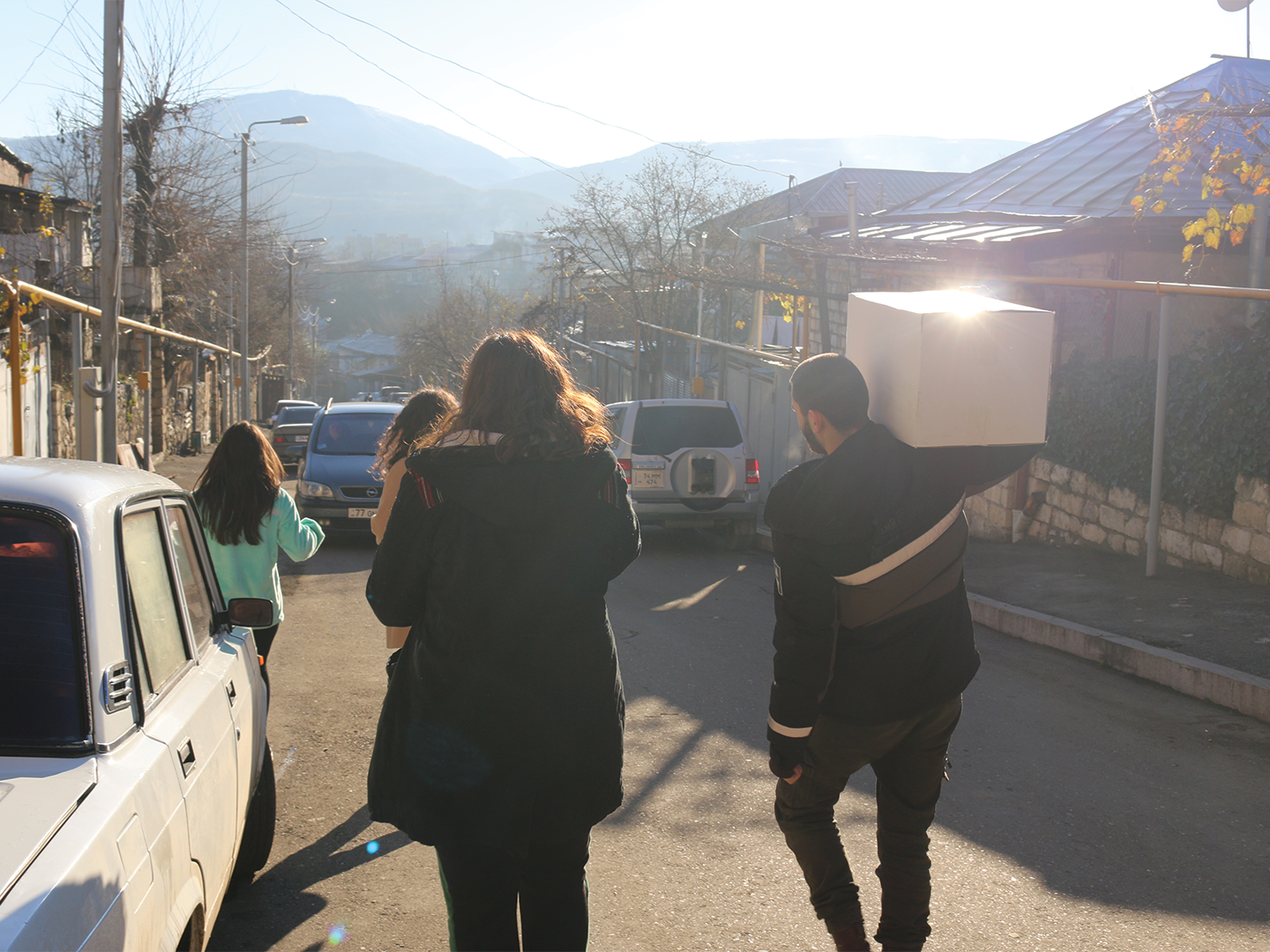
No Room at the Inn
Hospitals throughout Armenia and Artsakh were overwhelmed with rising COVID cases prior to the war, exacerbat-ed by overworked healthcare workers and dwindling PPE resources. With the horrifying Azeri war crimes against Armenians, hospitals faced a newfound challenge of juggling an existing public health dilemma while accommodating the surge of brutally injured soldiers. National attention quickly zeroed in on the wounded heroes and civilians affected by missile strikes and explosions, but pregnant women were left behind, without a safe space to give birth or intensive care units for premature babies. “Many pregnant women were extremely worried about giving birth because they didn’t have access to a hospital. They’re uprooted, not getting prenatal medications, and these stressors are causing them to go into labor early,” explains Eurdekian. “For example, during the war, Goriz Hospital was the main facility treating soldiers. But their pregnancy unit was blown up. There wasn’t room for women—and Yerevan’s hospitals were already packed.”
Further complicating the issue is the lack of transportation to maternal wards. It’s uncommon for women to receive their driver’s license in Artsakh, leaving many women in labor without access to the few hospitals open. On several occasions, young children were seen driving their mothers to hospitals.
Postpartum Priorities
Though the government of Armenia has promised pregnant women free clinical help and appointments, many women still find themselves paying for delivery costs, ultrasounds, and other pregnancy-related appointments. This decree has been enacted since 2019, in fact. According
to the Minister of Health’s Decree, the state must sponsor free prenatal and postpartum medical care and services to newborns. The government also determined that both women of child-bearing age and children have access to state-sponsored provisions, such as free or reduced-price baby formula and food, depending on unique financial needs. “If you run a doctor’s office in Armenia, you know that you have to treat these pregnant women from Artsakh for free,” Eurdekian adds. “But when people go to clinics, they’re still being charged for these services.”
While mothers focus on the health of their newborns, postpartum care is often neglected. The toll of pregnancy has long term effects on physical and emotional health, let alone a pregnancy during wartime. For new mothers however, larger issues loom ahead. Many are now struggling to find postpartum resources, permanent housing, childcare facilities, and most importantly—community and guidance, especially as the world comes to terms with the pandemic. AGBU Hye Geen Centers in Armenia, which have long provided much needed support to new mothers with parenting and childcare classes, moved online since the Covid-19 outbreak. According to Hye Geen Founder Sona Yacoubian, this has resulted in wider reach to more participants, including Syrian-Armenian refugees. CDs will also be made available for digital access.
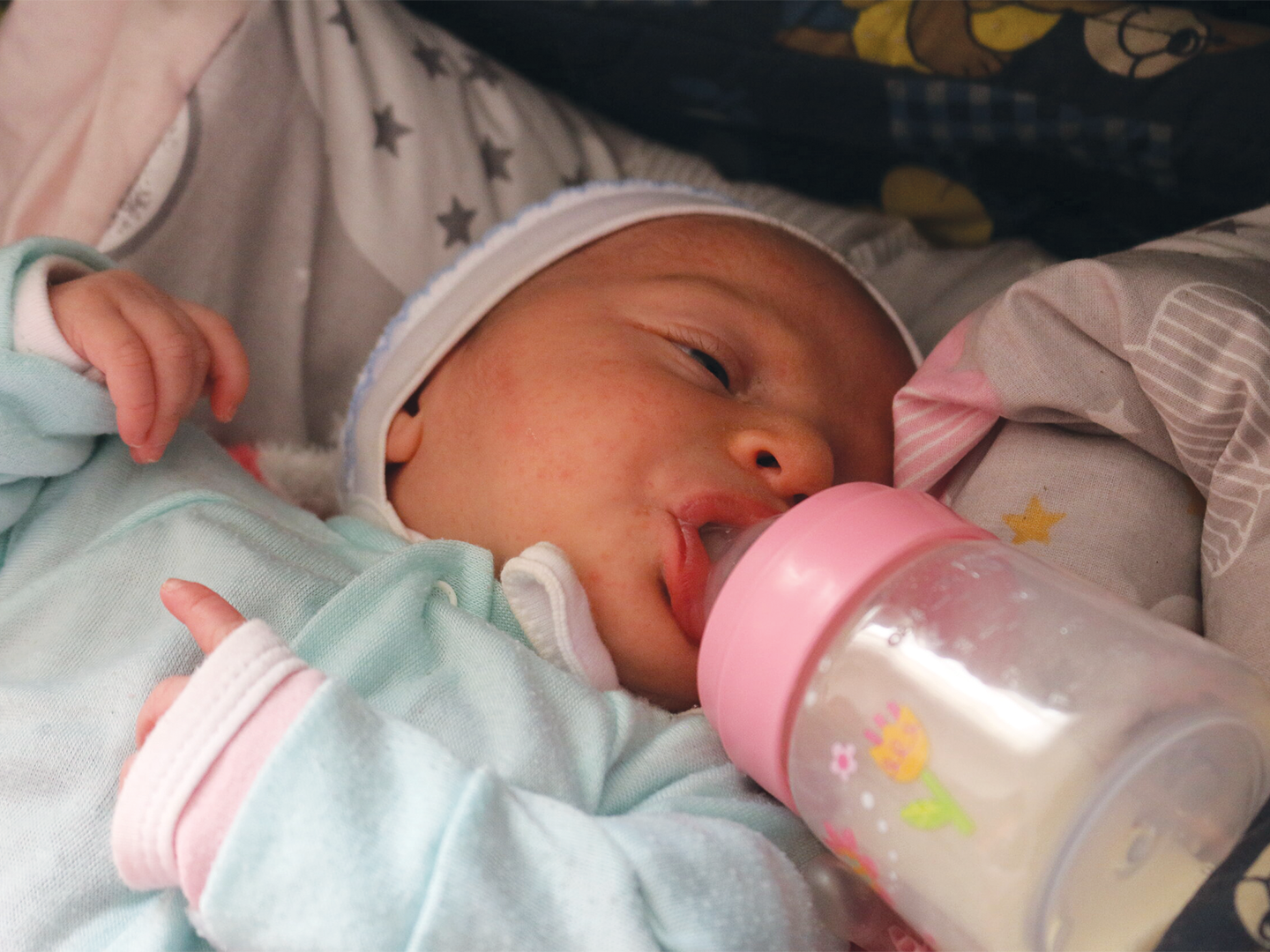
It Takes a Village
“These new moms and infants need a safe haven,” notes Eurdekian, who has documented that many new mothers from Artsakh are living in hotel rooms turned into temporary housing, often sharing spaces with other families in Yerevan, Jermuk, Goriz, and Vanadzor, unsure of what the future may hold. “We hope everything we’re giving them each month is becoming their property, and a way to establish a safe space, not just a temporary housing situation.”
Though these new mothers are experiencing the collective trauma of war, they have banded together to support one another. “There is a strong community of uprooted Armenian women right now who have come together—virtually and physically. I don’t think that space existed for women before the war,” says Eurdekian. “Even though it’s out of an unfortunate circumstance, it’s brought these women together as they rebuild their lives.”
*Name changed for confidentiality. Banner photo by Maria Kjdrian



